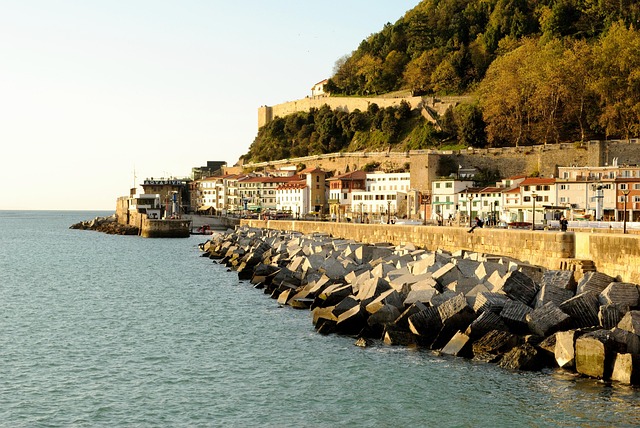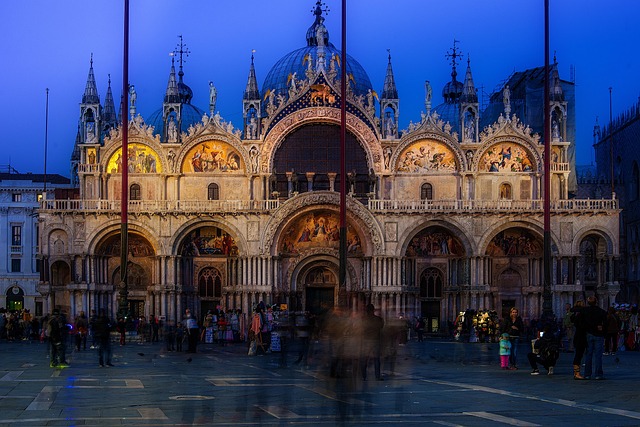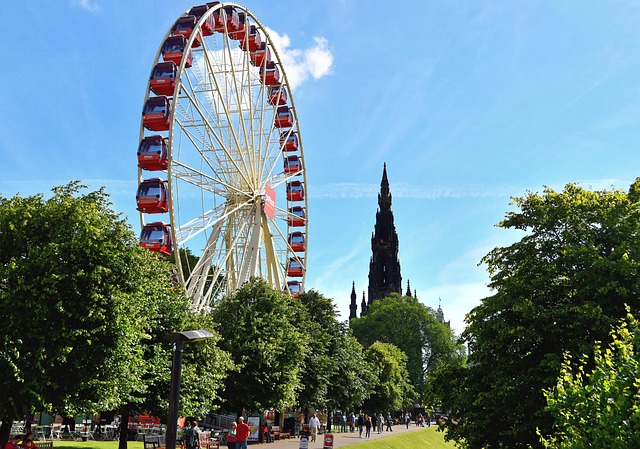The health of local real estate markets is closely tied to the agricultural base, with rural landscapes attracting residents and investors due to scenic vistas, fertile soils, and natural resources. Urbanization drives demand for rural land, leading to farm conversions into residential subdivisions, impacting land use policies, infrastructure development, and community dynamics. Policymakers must balance sustainable agriculture and real estate development to preserve vital agricultural resources while fostering local economic growth. The agricultural sector's move towards sustainability aligns with the real estate industry, creating mixed-use projects integrating farming with residential, commercial, or industrial spaces, appealing to conscious buyers and tenants, and boosting local economies and food security.
The agricultural base plays a pivotal role in shaping local economies, with its influence extending beyond food production. This article explores the intricate relationship between agriculture and real estate, focusing on rural landscapes driving urban growth. We delve into the impacts of agricultural land conversion on local economies and property values, highlighting sustainable agriculture’s burgeoning partnership with real estate for enhanced economic resilience. Understanding these dynamics is crucial for navigating the future of both sectors.
The Link Between Agriculture and Real Estate: How Rural Landscapes Drive Urban Growth

In many regions, the health of local real estate markets is intrinsically linked to the agricultural base. Rural landscapes, shaped by farming activities, play a significant role in driving urban growth and development. The scenic vistas, fertile soils, and abundant natural resources attract both residents and investors, creating a positive feedback loop that boosts property values. As urbanization expands, the demand for rural land increases, especially for agricultural uses that can support local food production and sustainable practices.
The integration of agriculture and real estate is evident in the growth of suburban areas where farms have been converted into residential subdivisions, offering residents closer proximity to nature and a more relaxed lifestyle. This trend not only alters the rural-urban landscape but also influences land use policies, infrastructure development, and community dynamics. Understanding this connection is crucial for policymakers and developers as they navigate the challenges and opportunities presented by the evolving relationship between agriculture and real estate.
Agricultural Land Conversion: Impacts on Local Economies and Property Values

The conversion of agricultural land for non-farming purposes can have significant implications for local economies and real estate markets. As urban expansion pushes developers to convert fertile farming lands into residential or commercial areas, it leads to a delicate balance between food security concerns and rapid economic growth. This shift often results in increased property values, attracting investors and potentially displacing local farmers who rely on the land for their livelihoods.
The impact extends further as infrastructure development accompanies these changes. New roads, utilities, and amenities cater to the influx of residents or businesses, fostering economic diversification but also causing environmental concerns and potential cultural displacement. Understanding these dynamics is crucial for policymakers aiming to strike a balance between sustainable agriculture and real estate development, ensuring that local economies thrive while preserving vital agricultural resources.
Sustainable Agriculture and Real Estate: A Growing Partnership for Economic Resilience

The agricultural sector’s shift towards sustainability is fostering a unique partnership with the real estate industry, contributing to economic resilience in local communities. As consumers demand more eco-friendly products, farmers are adopting sustainable practices such as organic farming, permaculture, and precision agriculture. These methods not only benefit the environment but also create opportunities for diverse, value-added agricultural products. This shift can attract investors and developers interested in sustainable, mixed-use projects that integrate farming with residential, commercial, or industrial spaces.
This partnership offers a win-win situation: farmers gain access to new revenue streams and market opportunities, while real estate developers can create distinctive, sought-after properties that appeal to environmentally conscious buyers and tenants. Integrating agriculture into urban and suburban landscapes can lead to vibrant, self-sufficient communities, enhancing local economies and promoting food security.






